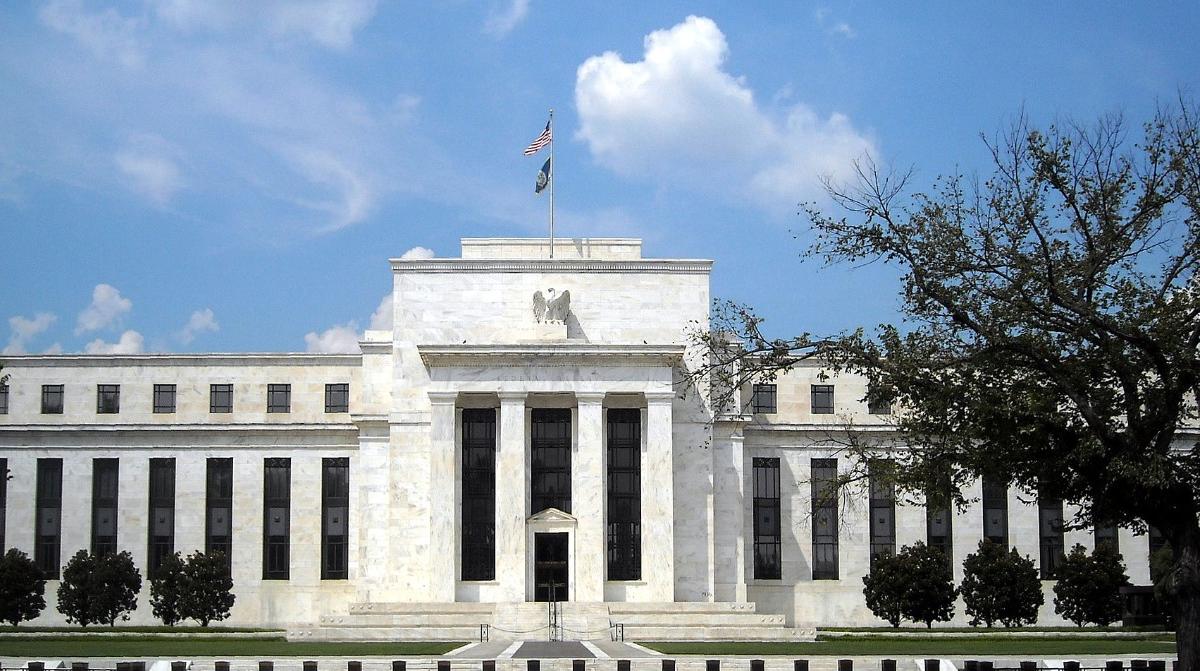The Federal Reserve’s balance sheet reached its all-time high in May 2022. Since then, it was supposed to drop at a steady pace and shed three trillion US dollars by 2024. The normalization of monetary policy was built on the idea of a soft landing for the economy. However, the Fed may be killing the private sector to save the government.
Curbing inflation requires a significant reduction in the money supply and aggregate demand. However, if government deficit spending is left untouched, the entire burden of normalizing monetary policy will fall on families and businesses.
The current situation is the worst possible. The Fed’s balance sheet is not falling as fast as it should; government spending has not even been scratched, but the money supply is falling at the fastest pace since the 1930s, and rate hikes are hurting the productive economy while the government seems unaware of the need to reduce its bloated budget.
The first-quarter GDP figure is extremely concerning. Government spending showed yet another big rise at +4.7 percent, much higher than expected. However, consumption, at +3.7 percent annualized, was well below estimates and driven by a worrying new record in credit card debt. Even more concerning, gross private domestic investment fell by a massive 12.5 percent.
There is robust evidence of a negative trend in the real economy. Rising federal expenditure, more bureaucracy, higher taxes, and weaker activity in the part of the economy that drives growth and jobs
Rate hikes have two direct negative effects on the economy if the government does not reduce its deficit spending spree. They mean higher taxes and a massive crowding out of available credit. The government deficit is always going to be financed, even if it is at higher rates, but this also means less credit for businesses and families. The crowding-out effect of the public sector over the productive economy means lower productivity growth, weaker investment, and declining real wages as the government keeps inflation above target by spending additional units of newly created currency, but the productive sectors find it harder and more expensive to find credit. Additionally, the government borrows at a much lower cost than even the most efficient and profitable businesses.
It is impossible to achieve a soft landing for the economy when the Federal Reserve ignores the signals of the banking system and the real economy. The first pillar of a true soft landing must be to preserve the real disposable income of workers and the job creation and investment capabilities of businesses.
When the government continues to increase spending, there is no signal of the mildest budgetary control, and the entire “landing” comes from the private sector, what we get is upside-down economics.
The Federal Reserve has stopped paying attention to monetary aggregates just as the money supply is contracting at an almost historic pace. Even worse, the money supply is contracting but federal deficit spending is untouched, and the debt ceiling was raised again.
The money supply is collapsing due to the inevitable credit crunch and the difficulties faced by consumers and businesses. It is impossible to grow with rising taxes, persistent inflation—a tax in itself—and carrying the entire burden of the normalization of monetary policy.
Fighting inflation without cutting government spending is like dieting without eliminating fattening foods.
























